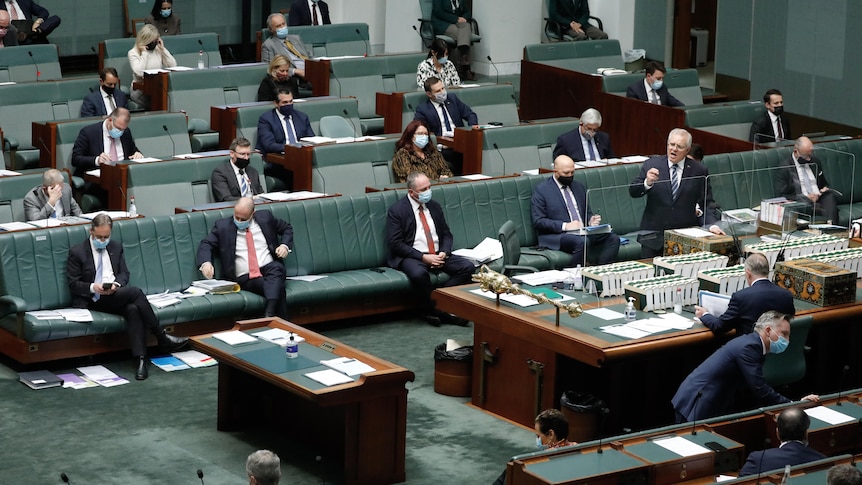We’re week one into election campaigns, and you may have seen or heard the term ‘ICAC’ pop up on your news feed. But what does it actually mean?
ICAC stands for the Independent Commission Against Corruption, which is an independent agency responsible for eliminating and investigating corruption within government. You may remember hearing the abbreviation last year when hearings commenced scrutinising former NSW Premier Gladys Berejiklian on whether she had breached the publics trust and misdirected grants while in a then-secret relationship with Liberal MP Daryl Maguire. I think we all remember that debacle. ICAC is essentially responsible for getting to the bottom of political messes like that one. Every state and territory have an anti-corruption body, but the upcoming election is reaffirming the fact that one doesn’t exist yet at the federal level.
At the beginning of his leadership, Scott Morrison promised to establish an anti-corruption commission. Three years and countless political scandals later, the federal government still resumes power without a dedicated body responsible for uncovering and dealing with corruption. Morrison’s recent response to this failure was to blame Labor, stating that he had put forth his plan, though Labor’s lack of support “is where the issue rests”.
Labor has promised to deliver on an anti-corruption commission by the end of the year if they win, but are not in support of Morrison’s current anti-corruption model, one that The Centre for Public Integrity described would be “the weakest integrity commission in the country”. Morrison’s plan, called The Commonwealth Integrity Commission, is a draft legislation that details that any issue before the establishment of the commission cannot be investigated; hearings and reports are not to be accessible to the public; and that the commission can only deal with matters referred to it by the government, meaning referrals cannot be made by the public.
“The reason why Scott Morrison doesn’t have a national anti-corruption commission is sitting on his front bench… The fact that there have been so many integrity issues raised against minister after minister.” – Anthony Albanese
Contrastingly, Labor’s proposed plan for an anti-corruption commission promises to investigate concerns of corruption that have occurred prior to its establishment; will have the ability to hold public hearings where the Commission deems matters are of public interest; and will be open to the public for referrals.
From the anonymous donation paying Christian Porter’s legal fees against the ABC, to Australia ranking our lowest this year on the Corruption Perceptions Index, it’s clear that it’s no longer acceptable Morrison shift blame or further stall an anti-corruption commission.
We will most likely see a federal anti-corruption commission established by whichever party wins in the upcoming election. However, with both the LNP and Labor withholding support of each other’s proposals, the question of exactly when one will be set up isn’t yet entirely predictable, however much it is urgently needed.
Article Written by Savannah Selimi


